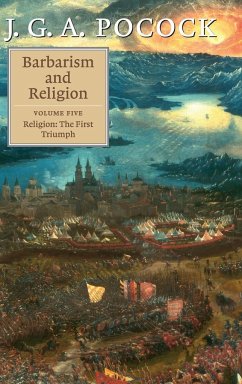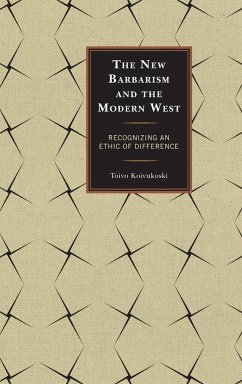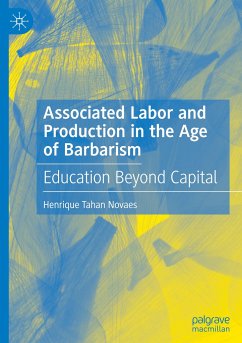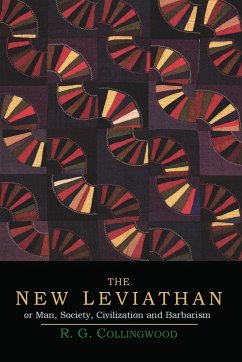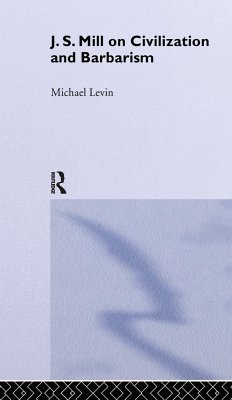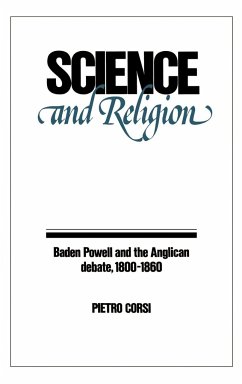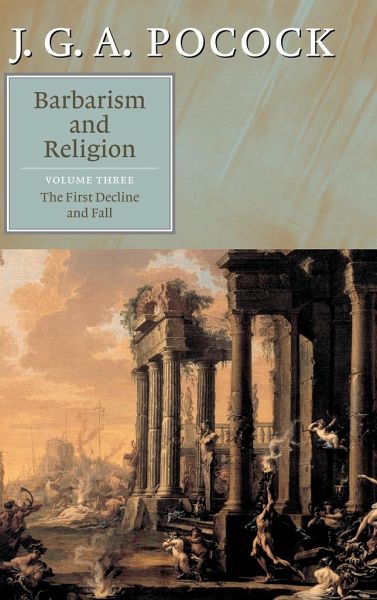
Barbarism and Religion

PAYBACK Punkte
48 °P sammeln!
'Barbarism and Religion' - Edward Gibbon's own phrase - is the title of a sequence of works by John Pocock designed to situate Gibbon, and his Decline and Fall of the Roman Empire, in a series of contexts in the history of eighteenth-century Europe. This is a major intervention from one of the world's leading historians, challenging the notion of any one 'Enlightenment' and positing instead a plurality of enlightenments, of which the English was one. The first two volumes of Barbarism and Religion were warmly and widely reviewed, and won the Jacques Barzun Prize in Cultural History of the Amer...
'Barbarism and Religion' - Edward Gibbon's own phrase - is the title of a sequence of works by John Pocock designed to situate Gibbon, and his Decline and Fall of the Roman Empire, in a series of contexts in the history of eighteenth-century Europe. This is a major intervention from one of the world's leading historians, challenging the notion of any one 'Enlightenment' and positing instead a plurality of enlightenments, of which the English was one. The first two volumes of Barbarism and Religion were warmly and widely reviewed, and won the Jacques Barzun Prize in Cultural History of the American Philosophical Society. In this third volume in the sequence, The First Decline and Fall, John Pocock offers an historical introduction to the first fourteen chapters of Gibbon's great work, recounting the end of the classical civilisation Gibbon and his readers knew so much better than the worlds that followed.





